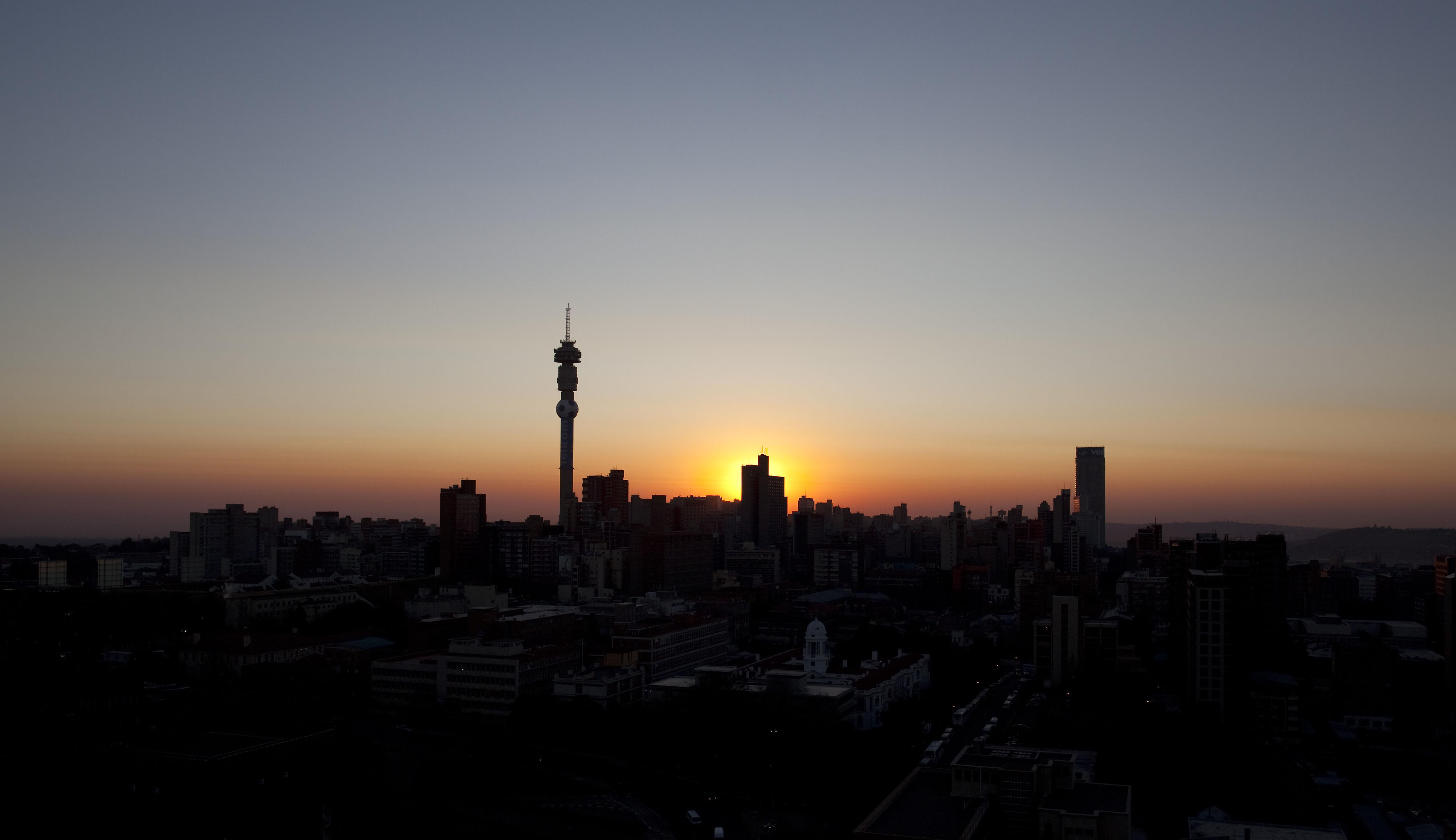Vaccines “Made in Africa” Inauguration of mRNA technology hub in South Africa
The research and training centre is being set up by WHO and the Medicines Patent Pool with support from the German Development Ministry and others. The aim is to enable countries with low and middle incomes to respond more quickly to epidemics and pandemics and, in the long term, develop their own vaccines based on mRNA technology for diseases such as, for instance, HIV, malaria or tuberculosis.
German Development Minister Svenja Schulze said, “Only one per cent of the vaccines being administered in Africa are actually produced there. That is neither fair nor sustainable. One lesson the COVID-19 pandemic taught us is that this massive injustice is not good for the world. The inauguration of the mRNA technology hub in South Africa is an important step towards providing the African continent with high-quality vaccines made in Africa. And this is by far not just about COVID-19. Local vaccine production is a good insurance against future pandemics and can also help fight other diseases, such as malaria.”
The mRNA technology hub in South Africa has set itself the goal to develop production facilities for mRNA vaccines in countries with low and middle incomes in cooperation with 15 partners from around the world. The hub is a consortium of the biotech company Afrigen and the South African Medical Research Council. The vaccine producer Biovac will develop the vaccine production in South Africa. There are 14 other companies from around the world involved in the consortium, working to also develop production in other countries in Africa, Asia and Latin America.
The mRNA hub evolved from the mRNA Technology Transfer Programme run by WHO and the Medicines Patent Pool; it is the international community’s long-term response to unequal access to mRNA-based vaccines during the COVID-19 pandemic. Enabled by this programme and drawing on publicly available information, Afrigen has already developed its mRNA vaccine candidate AfriVac 2021. The network of the 15 companies will distribute the technical know-how on mRNA technologies worldwide.
Another important part of the hub’s mandate is setting up a global network for sharing knowledge and experience to improve mRNA vaccine technologies and their application for other diseases. This will build significant potential for fighting diseases that are very common in Africa.
The German government is supporting the mRNA hub with 5.3 million euros via the Federal Ministry for Economic Cooperation and Development (BMZ) and the Federal Ministry of Health (BMG), for instance as regards the analysis of intellectual property rights, markets and sustainable business models of partner companies, and the financing of preclinical studies.
Furthermore, Germany’s bilateral development cooperation with South Africa also involves direct support for Afrigen and Biovac and efforts to strengthen South Africa’s health products regulatory authority (SAPHRA). This will also have benefits for the hub activities in general.
German development cooperation is providing a total of 550 million euros to support the development of vaccine and pharmaceuticals production in Africa. The main aim is to strengthen the enabling environment for vaccine and pharmaceuticals production in Africa. This includes initial and ongoing training for skilled workers, promoting knowledge and technology transfer and facilitating regulatory capacity building.
Cooperation takes place mainly with the African Union and its vaccine production initiative PAVM and the partner countries Ghana, Rwanda, Senegal and South Africa.
